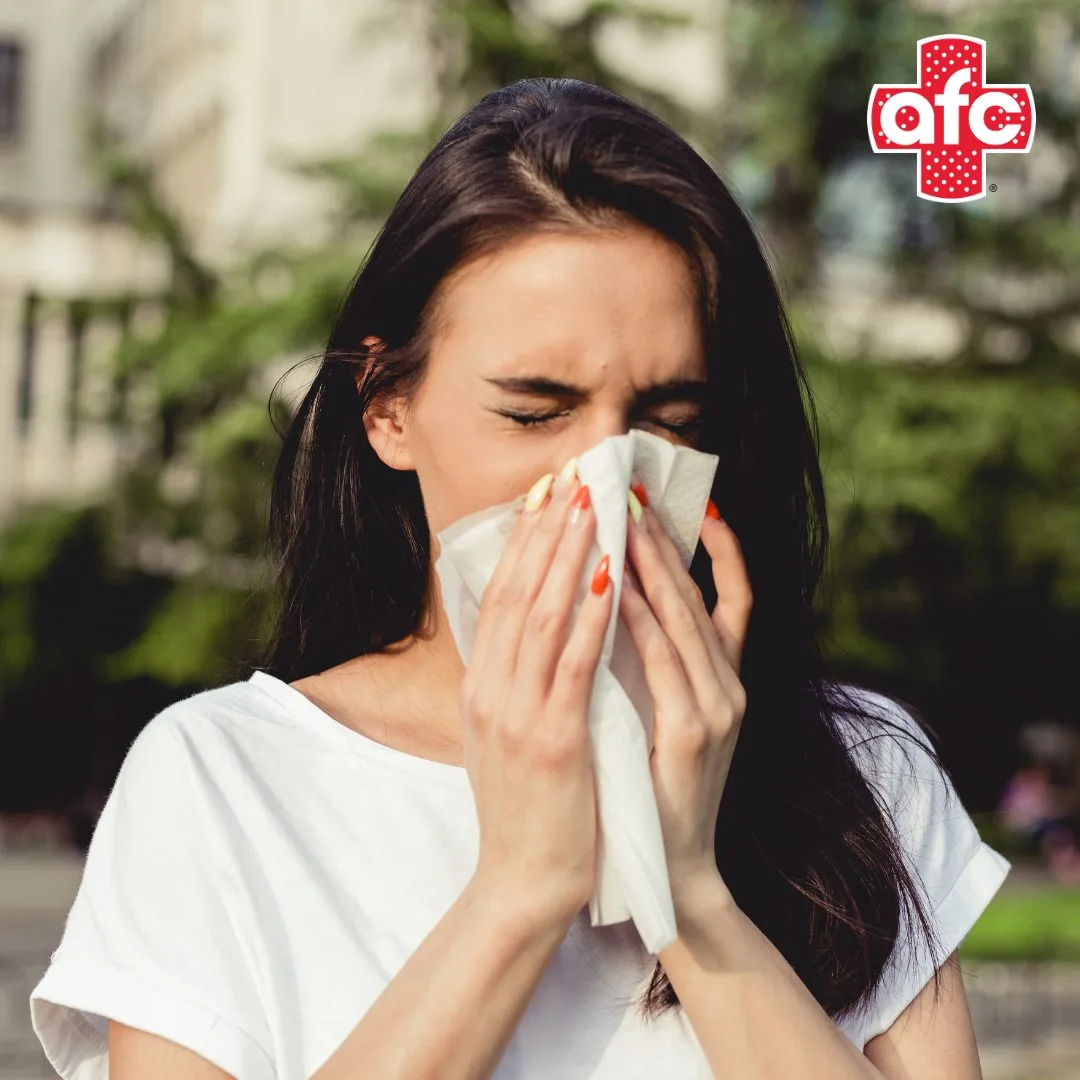"
While not any fun, food poisoning is an extremely common problem that affects 1 in every 6 Americans every year. Contaminated foods or beverages can cause diarrhea, vomiting, and nausea, which leave you feeling fatigued for a few days. When preparing food in your home, it is possible to avoid getting food poisoning, but eating out can sometimes make it inevitable. AFC Urgent Care Paramus can help you learn how to avoid causing food poisoning and how to treat it if you do get it. Learn more about the variety of illnesses that are treated with AFC Urgent Care.
How do I know if I have food poisoning?
Symptoms of food poisoning usually show up anywhere between 6 to 24 hours after food consumption. Symptoms will appear suddenly and can show up all at once. Some common food poisoning signs can include:
- Vomiting
- Abdominal cramps
- Diarrhea
- Mild fever
Like any illness, it is important to monitor your symptoms for severity. If symptoms last more than three days, there is a fever higher than 101 degrees, or you are experiencing symptoms of dehydration, you should seek medical attention. Dehydration poses the biggest risk when it comes to food poisoning. It is easy to become dehydrated if you are not replacing the liquids in your body fast enough. Be sure to drink plenty of clear fluids for the duration of the illness. Pregnant women, children, and the elderly should take extra care if diagnosed with food poisoning, as these groups are at the highest risk of developing complications.
What causes food poisoning?
Bacteria, parasites, or viruses can cause food poisoning. The contaminated food is then consumed, which is what causes patients to fall ill. Salmonella is the biggest reason for food poisoning caused by bacteria. Additionally, norovirus is the biggest virus that causes food poisoning. Eating raw or undercooked food is one major way to get food poisoning. Cooking food to the proper temperatures can help kill off the harmful bacteria, but food like sushi can harbor infections if not handled properly.
When cooking at home, be sure to wash your hands before cooking and before consuming the food. This can help clean your hands of any infection. Always store food in the refrigerator to the proper temperature when not in use. Additionally, the CDC provides information on the best internal temperatures for specific foods before consuming them.
How can I treat food poisoning at home?
There is no specific treatment for food poisoning, and it typically resolves itself at home within a few days. It is best to get plenty of rest and to stay hydrated while recovering, as this can help speed up the process. Avoid caffeine, alcohol, dairy, and fried foods. These foods can further cause an upset stomach. Chicken broth, crackers, oatmeal, and rice are foods that can help settle an upset stomach.
For more information on the prevention and treatment of food poisoning, call AFC Urgent Care Paramus today at 201-262-2010.
"


